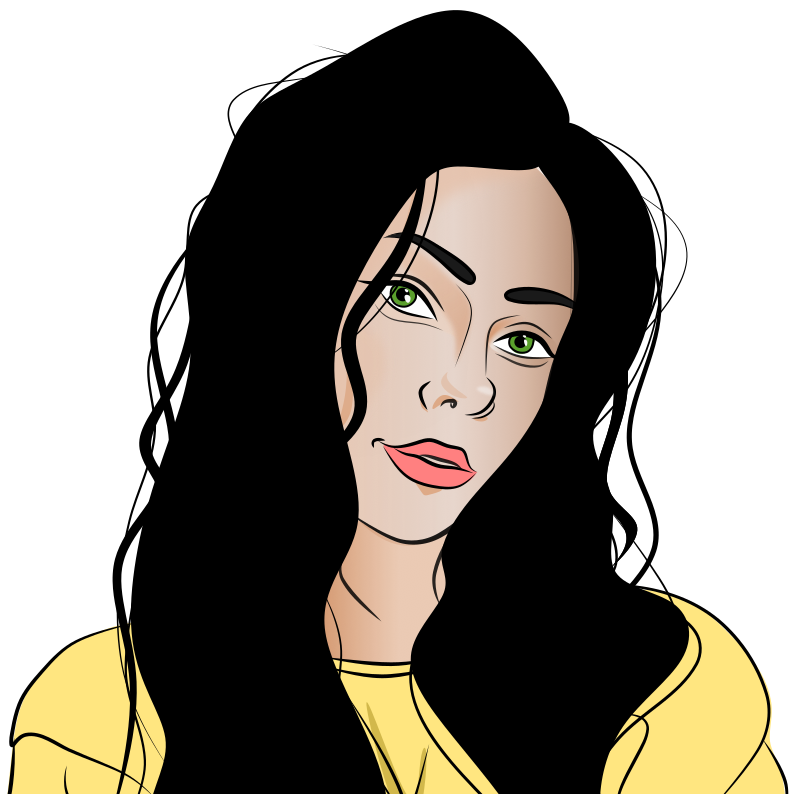laurel
- 1 Post
- 7 Comments

 53·10 months ago
53·10 months agoA cop responding to a DV incident at my apartment told me privately that “statistically speaking, this guy is far more likely to murder you than ever follow through on any of the changes he keeps promising you.” I’m still here, haven’t spoken to that guy in years, and I never deal with cops anymore.
Echoing solarpunk! Along those same lines is “hopepunk”. I like to think of my media consumption in a similar way to my diet and consider how much I need from different areas to stay balanced. It is hard to fully escape the doomerism narratives but seeking out generative, hopeful narratives has made a difference in how much I find myself disrupted by them. Also poetry can be a great way to explore the heavier subjects and often where I head when I get overwhelmed.

 1·2 years ago
1·2 years agoWe are definitely struggling against an unhealthy culture that makes this extraordinarily challenging. I think there is a misunderstanding where we think accepting greater support will decrease our personal autonomy and risk us being too reliant on others. However moving towards healthy interdependence should - and can - be an experience that actually frees the individual to experience more opportunity, greater stability, enhanced relationships, etc.

 15·2 years ago
15·2 years agoThank you for being such a wonderful parent, listening to your daughter, and taking all of these proactive steps to help build her back up. I agree this is not therapy and it’s devastating to hear that the school thought this was appropriate. Placing her in group therapy with the offenders implies she was somehow responsible for being a victim. As a former child and daughter who struggled to be heard, especially at 13, I really appreciate you for hearing her now and doing something about it now. This makes such a difference.

 16·2 years ago
16·2 years agoPersonally, I feel like it would be great to normalize therapeutic supports to such an extent that we can let go of the idea they represent something being “wrong” with anybody. We have collectively developed this bizarre sense that we shouldn’t need each other, that you should have to face your challenges on your own.
If you are personally in the position where therapy is accessible to you, I encourage you to go for it - even if there is “nothing wrong with you” (lol) - and then recommend it to others, talk about how it helps you grow and learn, etc. The mental health world is still fraught with challenging, dangerous stigmas and the best way to improve that is to show others that it’s the stigmas that are dangerous, not the supports.
Dig this a lot. Also, looks like they received a grant from FUTO last month.



I have struggled hard with this throughout my whole life — and probably always will to an extent lol. But what has brought the most meaningful change for me has been learning to accept my challenging emotions as part of who I am.
It surprised me to realize a great deal of the chaos I was always kicking up was largely due to my own resistance towards experiencing my emotions. I found DBT extremely helpful as well, offering me tools for being present with my emotions — as well as techniques for determining the actual reason for the emotion.
One of the most useful things I heard was “every behaviour meets a need”. So regardless of where it’s coming from or why, it’s still a valid need and you will address it one way or another. The more tools I have, the more choice I have, and the more choice I have makes all of it so much easier (and even fun) to manage.